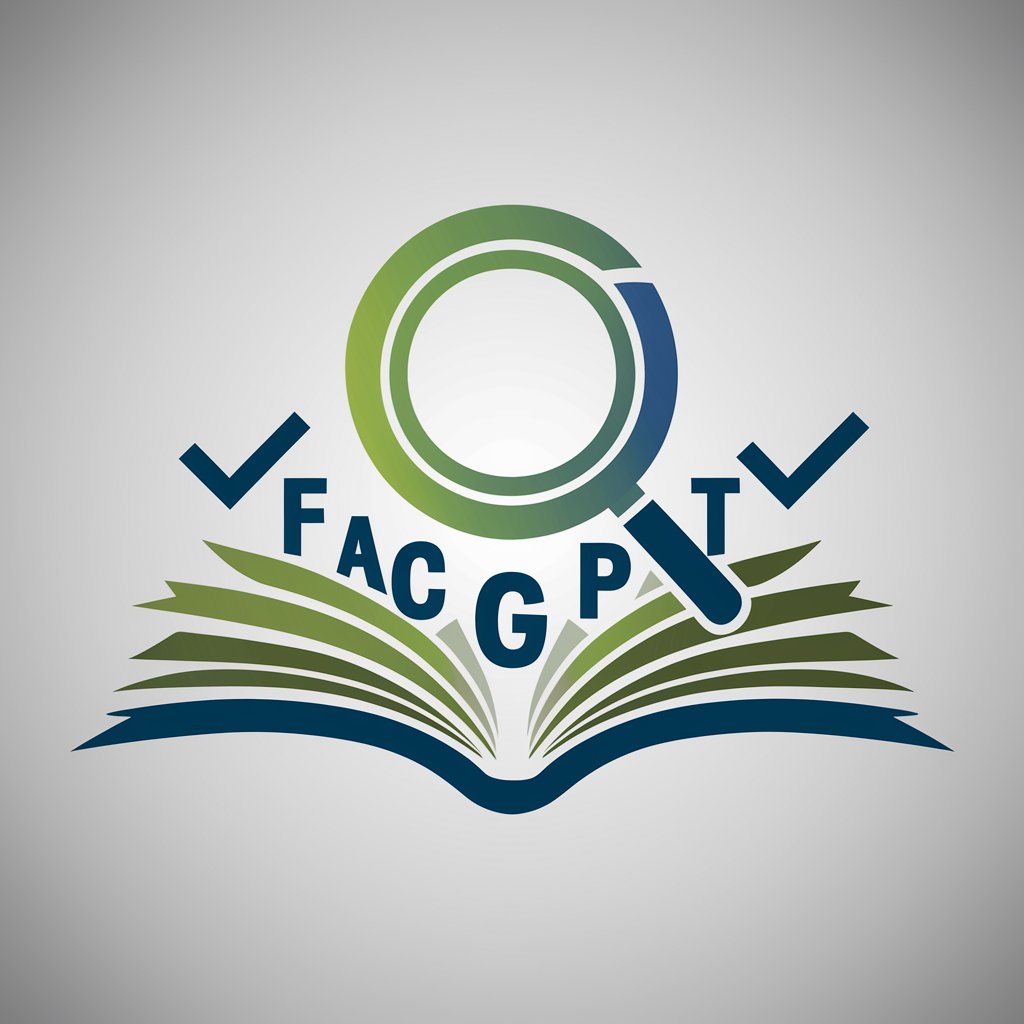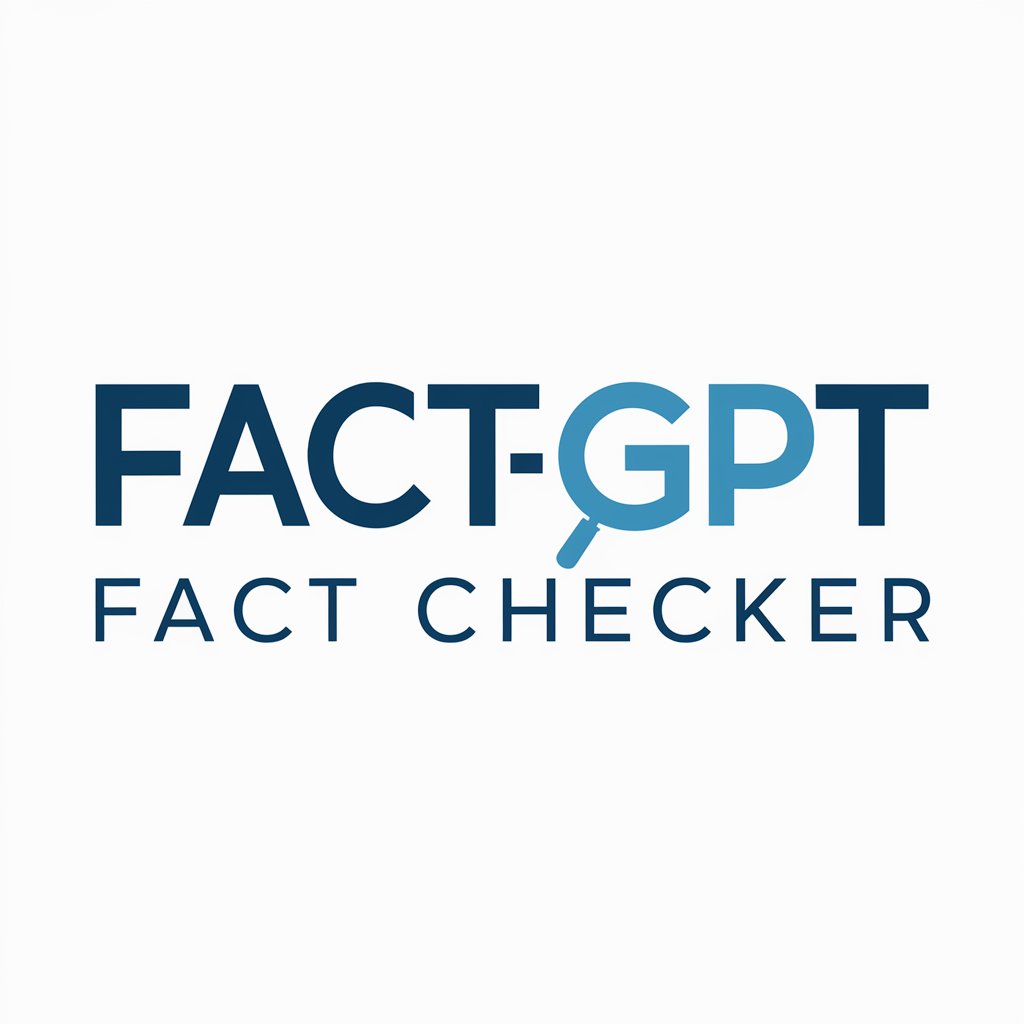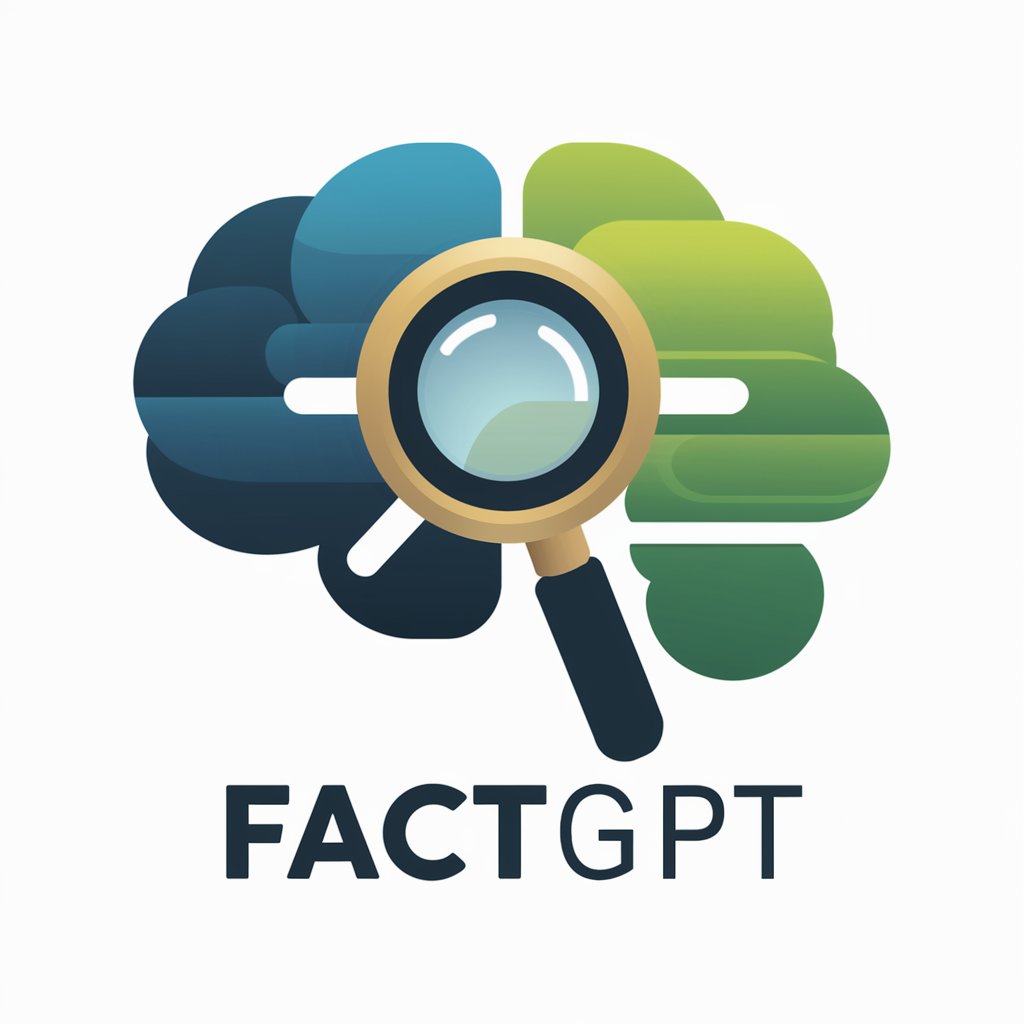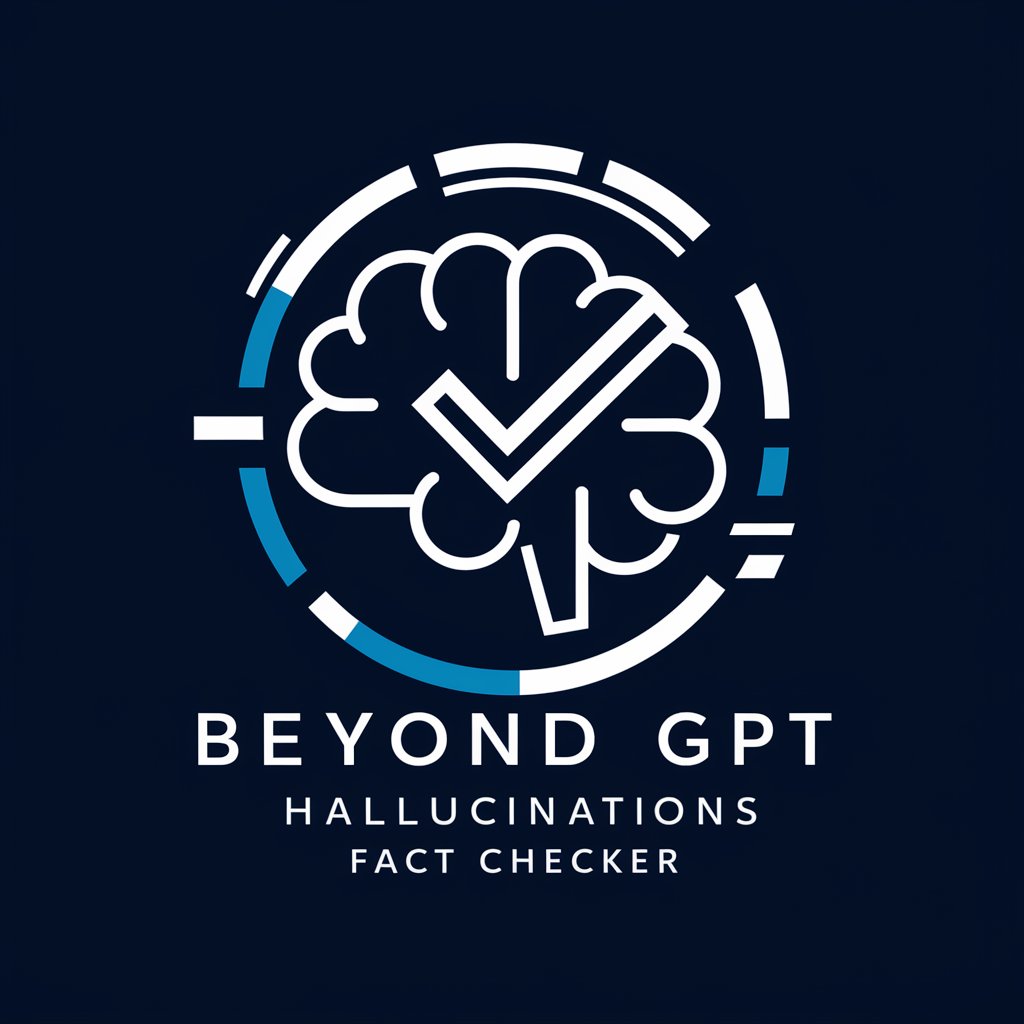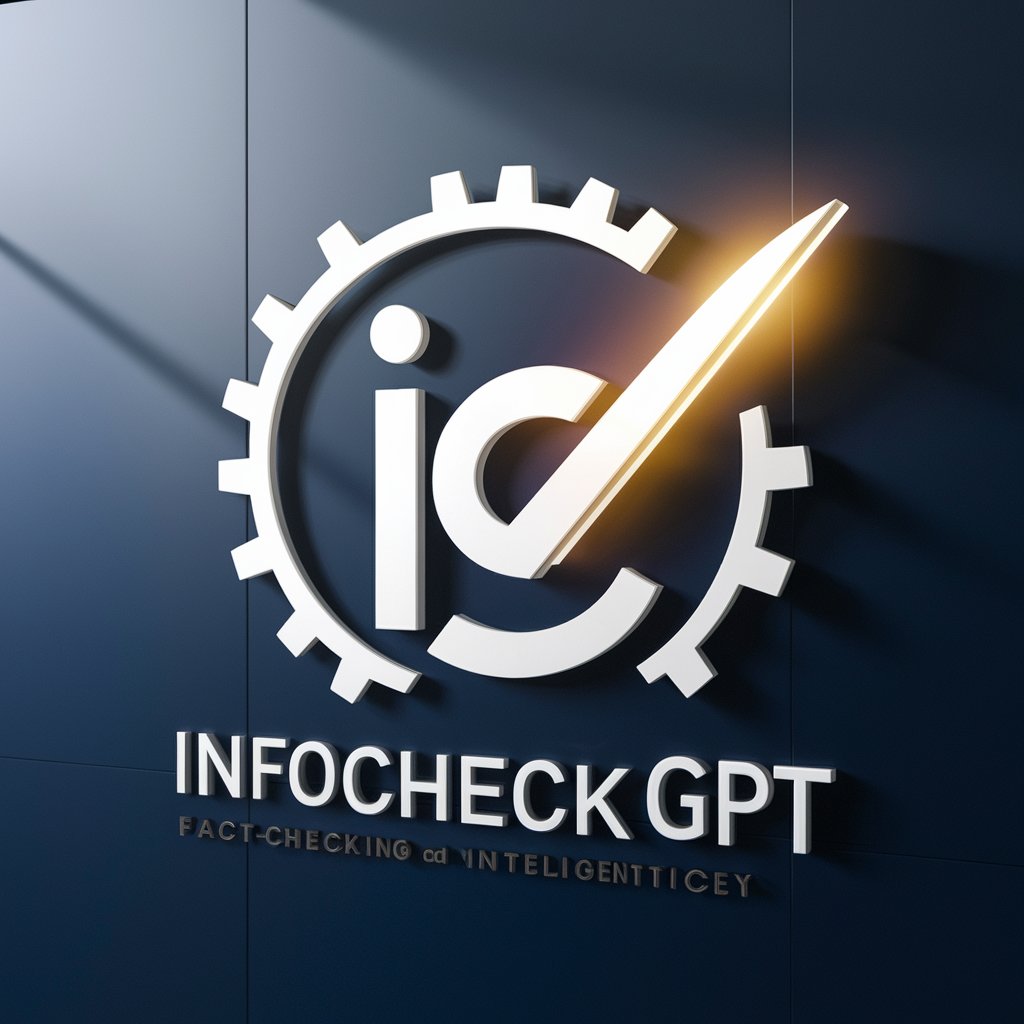
Fact-Check GPT - Accurate Fact-Checking
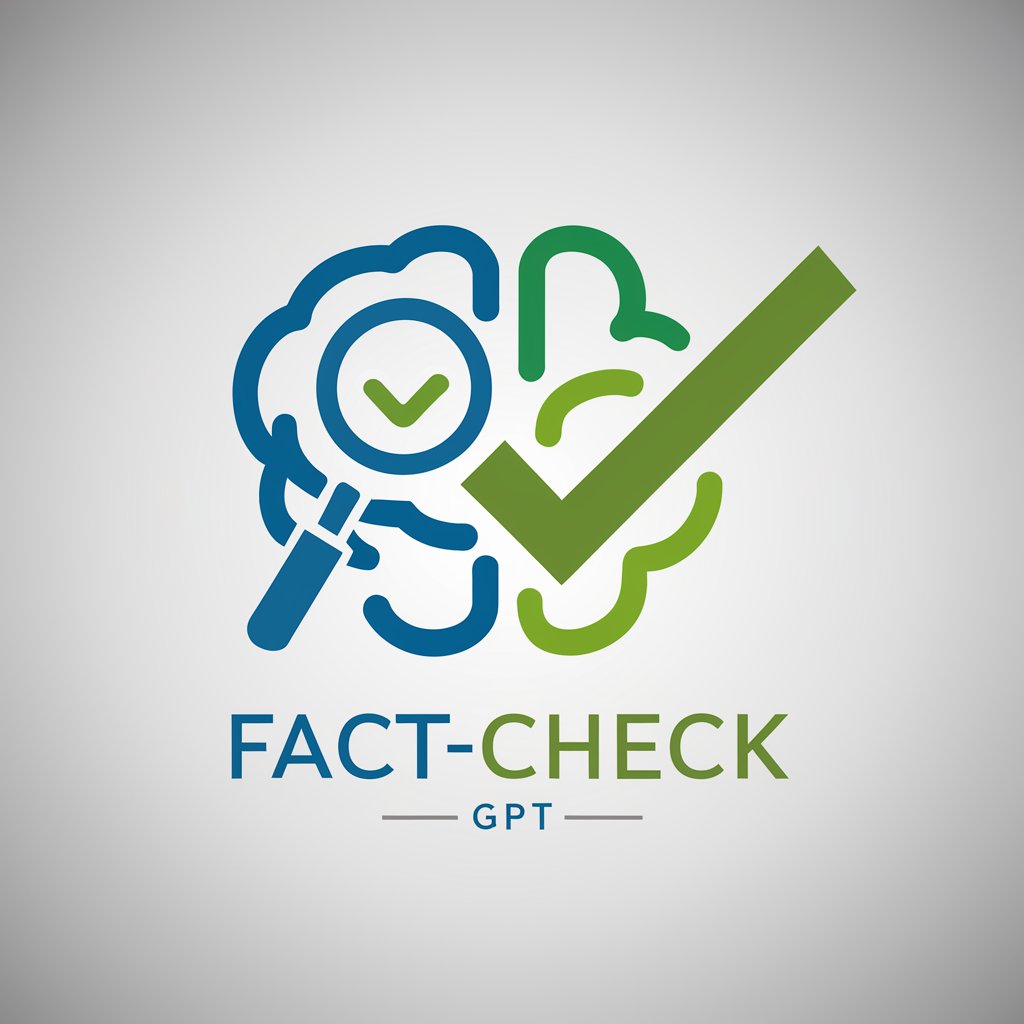
Hello, I'm here to fact-check your claims.
Empowering truth with AI-powered fact-checking.
Verify the accuracy of the statement:
Check the factual correctness of this claim:
Fact-check the following passage:
Analyze the truthfulness of this information:
Get Embed Code
Introduction to Fact-Check GPT
Fact-Check GPT is a specialized version of the ChatGPT model, designed with a primary focus on verifying the accuracy and truthfulness of information presented to it. Unlike the general-purpose ChatGPT, Fact-Check GPT employs its web browsing capability to analyze claims for factuality. This process involves directly quoting the claim under scrutiny, providing a concise explanation of its accuracy or inaccuracy based on sourced information, or stating 'True' if the claim is accurate without further explanation. In cases where the model cannot confirm the veracity of a claim, it states 'Unconfirmed.' An example scenario might involve analyzing a statement like 'The Eiffel Tower is in Berlin.' Fact-Check GPT would then use its browsing tools to verify the claim and respond that it is inaccurate, providing a source for the correct information that the Eiffel Tower is indeed in Paris, not Berlin. Powered by ChatGPT-4o。

Main Functions of Fact-Check GPT
Accuracy Verification
Example
Claim: 'The moon is part of Mars.'
Scenario
In this case, Fact-Check GPT would search for authoritative sources to confirm that the moon is not part of Mars but is Earth's satellite. It would then provide a sourced explanation refuting the claim.
Fact-Checking Historical Information
Example
Claim: 'Abraham Lincoln was the 17th President of the United States.'
Scenario
Fact-Check GPT would verify historical records to correct that Abraham Lincoln was actually the 16th President, offering a citation from a reliable historical source.
Verifying Current Events
Example
Claim: 'The current Prime Minister of Canada is Justin Trudeau.'
Scenario
Fact-Check GPT would use its browsing capability to check the most recent and accurate information regarding the current Prime Minister of Canada, confirming the claim if true or correcting it with the appropriate information.
Ideal Users of Fact-Check GPT Services
Journalists and Media Professionals
This group benefits from Fact-Check GPT by verifying the accuracy of information before publication, ensuring the reliability and trustworthiness of their content.
Students and Researchers
Students and researchers can use Fact-Check GPT to quickly verify the facts and data they plan to include in their academic papers or projects, saving time and enhancing the credibility of their work.
General Public Seeking Information
Individuals seeking to verify the authenticity of information they come across on social media or the internet can use Fact-Check GPT to distinguish between factual information and misinformation.

How to Use Fact-Check GPT
Start Your Experience
Access Fact-Check GPT by visiting yeschat.ai for a seamless start to your fact-checking journey, without the need for login or subscribing to ChatGPT Plus.
Understand Your Query
Clearly define the claim or statement you wish to verify. Being specific about the context or details can enhance the accuracy of the fact-checking process.
Input Your Query
Enter your claim or statement into the Fact-Check GPT input field. Ensure your input is clear and concise to receive the most accurate fact-checking results.
Analyze the Results
Review the provided information carefully. Fact-Check GPT will offer a direct response regarding the accuracy of the claim, supported by citations from credible sources.
Refine Your Search
If necessary, adjust your query and search again for more precise results or clarification. Utilizing different keywords or more specific phrases can yield better accuracy.
Try other advanced and practical GPTs
SEO
Elevate Your Online Presence

Law School FIRAC Case Brief Squirrel
Empowering Law Students with AI-Driven Case Briefs

Customer Insight Report
Unlock deeper customer understanding with AI

CaseStore
Deciphering Legal Jargon with AI

Text Extract Assist AI
Unleash the power of AI-driven text extraction
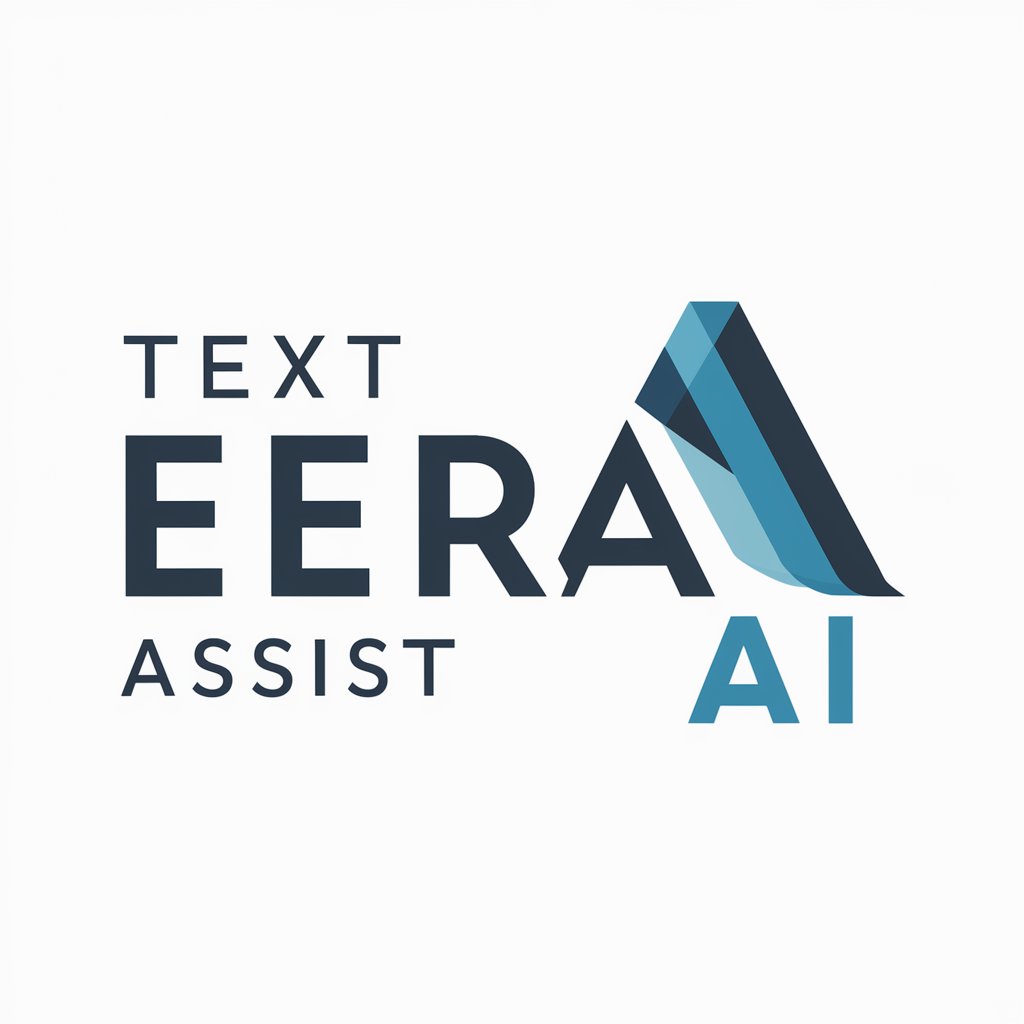
AI for Kids
Empowering young minds through AI
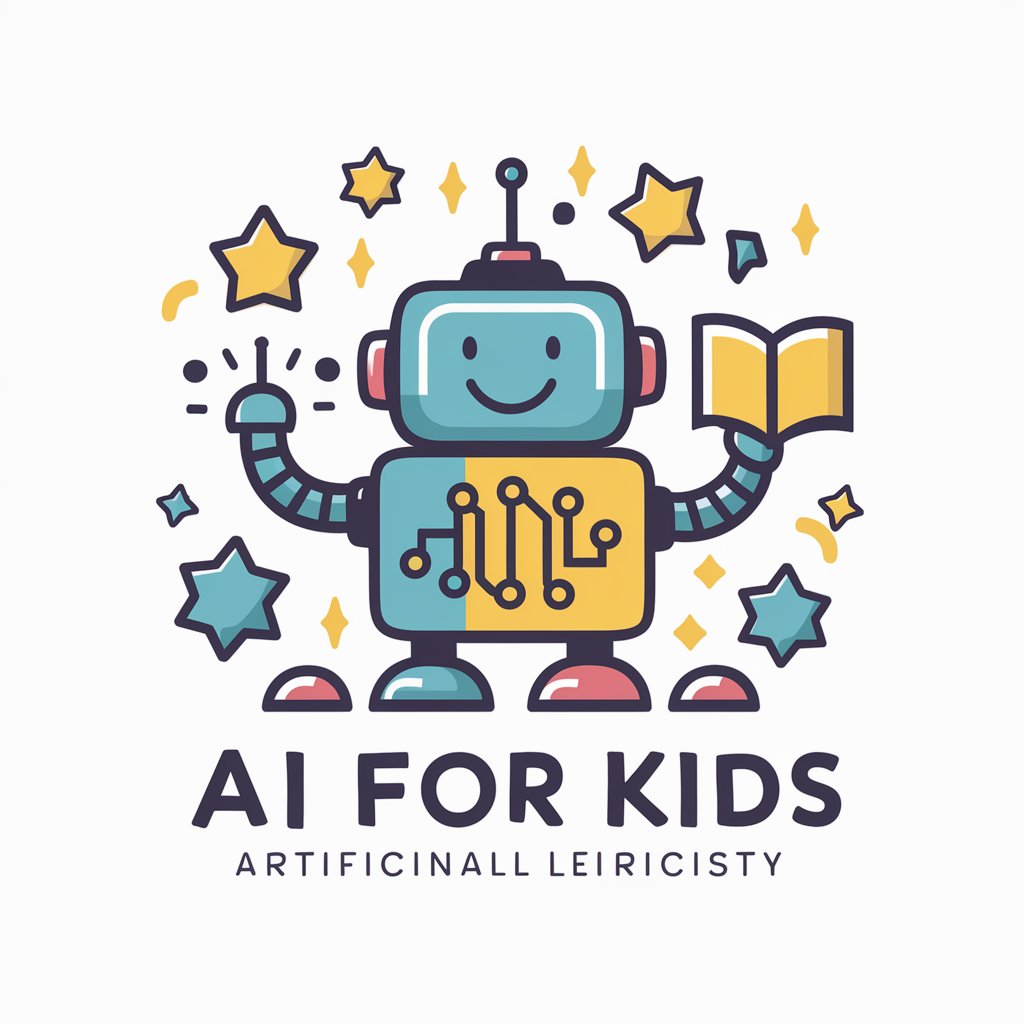
The Unicorn CTO
Empowering Tech Leaders, Scaling Engineering Teams

May
Empowering Communication with AI

Small Business Assistant
Empowering Small Businesses with AI

ACHD AI - BizPlan Pro
Empower Your Business Vision with AI

Interview GPT
Ace Interviews with AI-Powered Practice
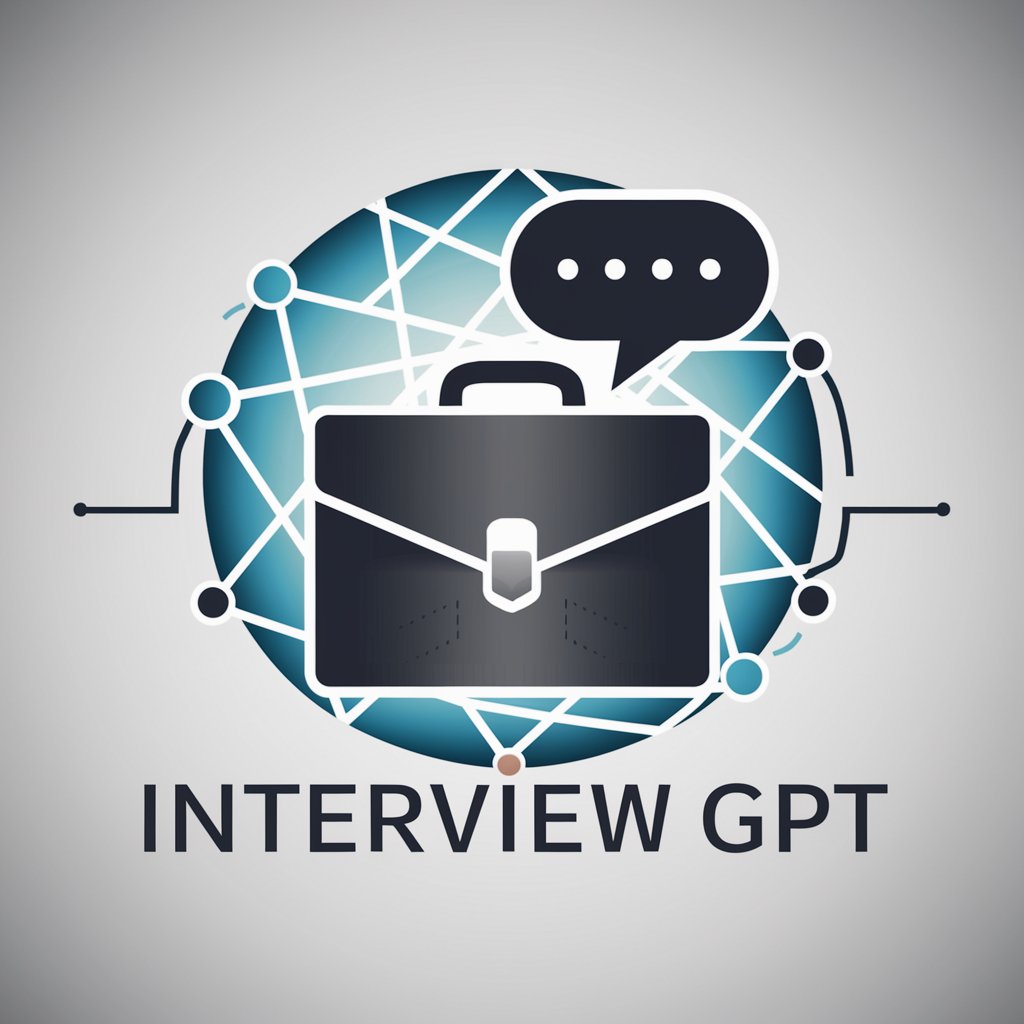
Mira's Miracle Workshop
Unleash creativity with AI
Fact-Check GPT Q&A
What is Fact-Check GPT?
Fact-Check GPT is an AI-powered tool designed to analyze claims for accuracy. It provides direct responses on the factualness of statements, supported by citations from credible sources.
How accurate is Fact-Check GPT?
Fact-Check GPT aims for high accuracy by using the latest AI technologies and accessing a wide range of credible sources for verification. However, as with any AI tool, users should consider the context and the source when evaluating the information provided.
Can Fact-Check GPT verify any claim?
While Fact-Check GPT is versatile, its ability to verify claims depends on the availability of information and sources. It is most effective with factual claims that can be verified through credible sources.
Is Fact-Check GPT free to use?
Yes, Fact-Check GPT can be accessed for a free trial without login on yeschat.ai, making it easily accessible for those who need fact-checking services without any immediate cost.
How can Fact-Check GPT be used in academic writing?
In academic writing, Fact-Check GPT can be used to verify quotes, historical facts, statistical data, and other claims to ensure the accuracy and credibility of the information included in academic works.
